On Colour-coded Routine
The art of giving. Find out how 'true' philanthropy sometimes is.
There’s something about promises that I don’t like. But then again, there’s something in keeping promises that communicates your ideals and your character powerfully. I promise you a tragic love story. Don’t hold out on me in the comments if it isn’t up to scratch.
Jill has been raised in a family that values philanthropy above all else. His family falls under the lower rich. He drives an old Mercedes W115 car to school and occasionally goes on road trips with friends. Since his inception into life, it has been pounded into him that giving is right. Kudos to his pastor for the great job he does at reminding him that giving will get him into heaven (every Sunday immediately before the ushers pass him the offertory basket – just saying) in that dangerously-scary-but-not-so-terrifying warning voice. Jill knows we give in order to receive.
Jill was in a village in Samburu the other day, donating relief food to people whom he deems unfortunate victims of circumstance. Forgive him for saying they are not naturally selected to prosper in this day and age. Forgive him for stating that they are insignificant, as most of us probably are, to the weave of life and the trajectory of history.
He says with a chuckle, “It’s not like they can start another agrarian revolution or be another Rockefeller.”
“You didn’t mention Nelson Mandela, Wangari Maathai, or any other African icon,” I retort.
I like Jill. He is the sort of person who would tell you the truth to your face, and later, when asked about it, he’d say, “Who cares?” with such a comical expression that you’d actually laugh at your own stupidity. He is amused by his own good fortune, deluded by his thoughts, and thanks God he wasn’t born in a war-torn country. When I ask him to tell me about Kesha, a tortured masked look of self-doubt momentarily clouds his face, but it is banished by his good-natured charm almost instantaneously. His eyes dim, and he begins to speak of Kesha, that girl he met once but would never see ever, that girl that haunts his dreams and laughs at his life.Kesha is a Kenyan-born second-generational refugee. She has lived in Samburu all her life. Unlike Jill, she has been taught, time and time again, that it is simply not her place to learn, the resources are too scarce. She is not in the world to quench her curiosity, to ask questions and to demand answers. She has been taught to accept her place in life. There is a brutal tale of her antecedents, entailing inheritance and entitlement, that her mother would tell her a week before she succumbed to that devastating famine; two weeks before Jill and his party arrived with their relief aid. It is this story that would influence her later behavior.
On that fateful day they met, Kesha refused the maize Jill had brought and told him, flat out, that they needed only beans. She describes Jill’s party as pretentious; people who prided themselves in how big of a heart lay in their chests without acknowledging their ingrained selfish natures. People who gave because they had been taught it was ethical and proper (and all those nice Britain words that meant right - including virtuous) without particularly feeling genuine empathy for those in need. People who did not connect with those they were helping, and certainly left without caring to learn their individual stories. There was disdain, disgust, in this refrain. Jill laughs at this point, a kind of forced laugh, as if acknowledging, anew every time he told this story, how much that interaction had impressed upon him. He admits that it was the first time a woman had rejected him. Unrequited love is tragic, huh?
As I went home that day, I mulled over how I gave my 20 bob to that beggar everyday as I passed from work. How much of a routine it had become, to the point that I gave him 50 bob on Friday to cater for Saturday and Sunday. I reminisced how I knew him because of that cheerful manner he had greeted my colleague and I had been jealous it wasn’t me he was saying hi to. I despised how, in school, as we organized for trips to the children’s home outside town or to the Old people’s home just around the corner, we had never stopped, even for a moment, to think of what those children really needed. We had taken anything and everything we could lay our hands on: from old clothes, soap that we never used, and shoes, to food and tons of tissue paper (for some reason, this was the only thing students felt very comfortable donating). I thought about how everyone, at some point in life, has some Jill-ness. How we may give coloring books to children who don’t know what crayons are. How useless our giving sometimes is, like the EA in TEA (yes, I know this is funny), and how justified and Christian we feel after it. Dare I say that we think our chances of getting into heaven improve significantly. And probably secretly hope the angels aren’t asleep to note down our noble act. I concluded that my philanthropy was just a rosy color-coded routine that I had to break.
Photo credits: ig@flutt.r

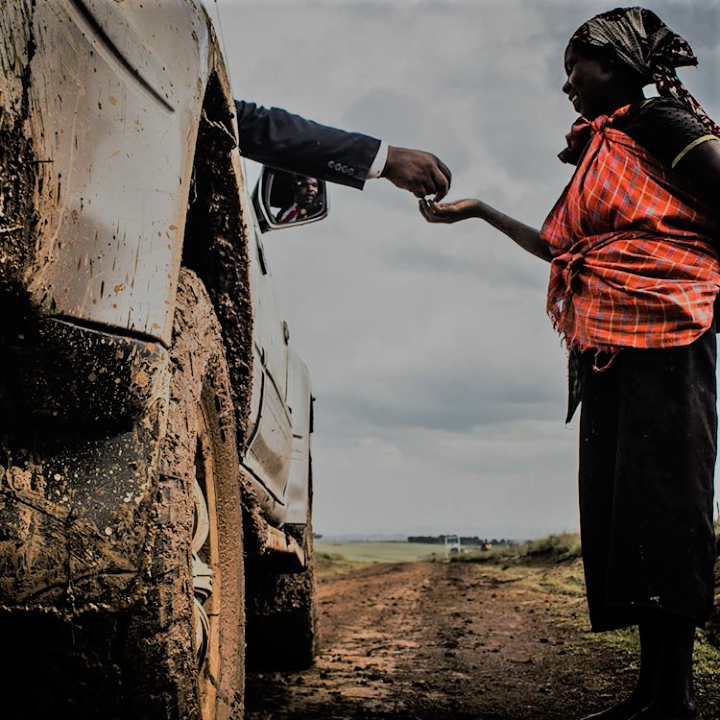
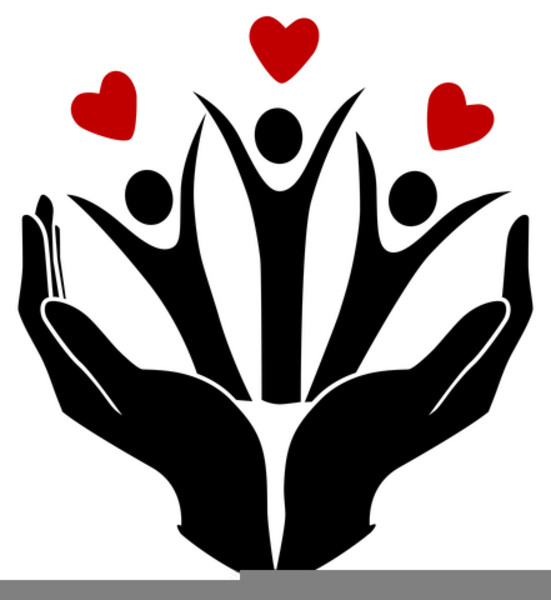
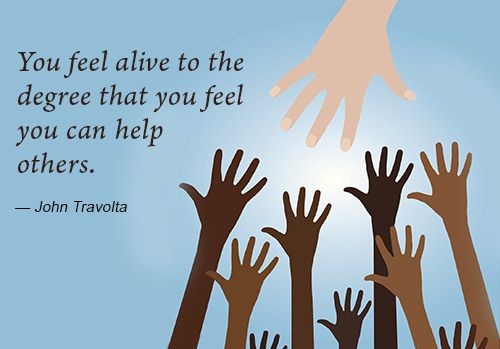
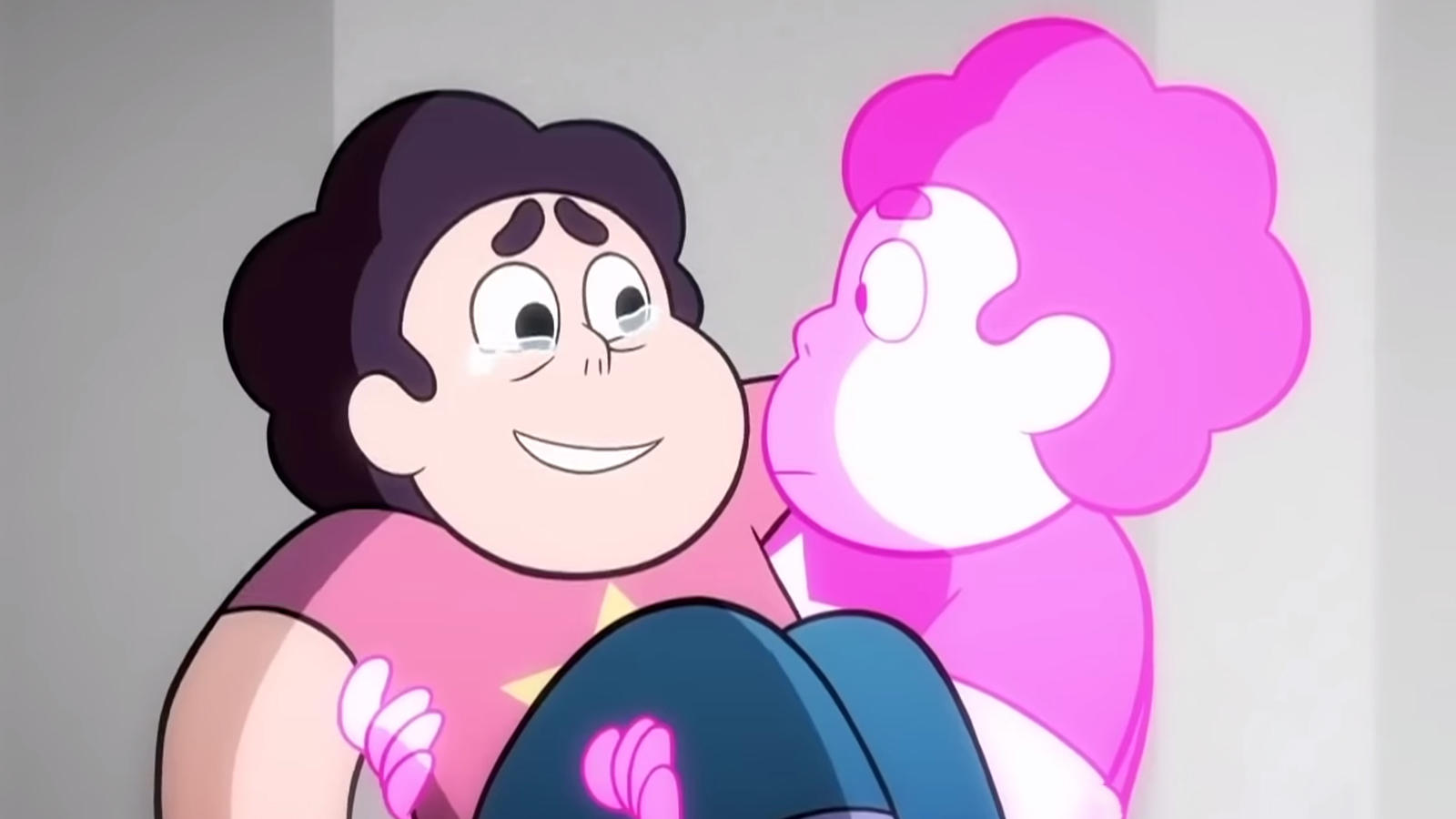
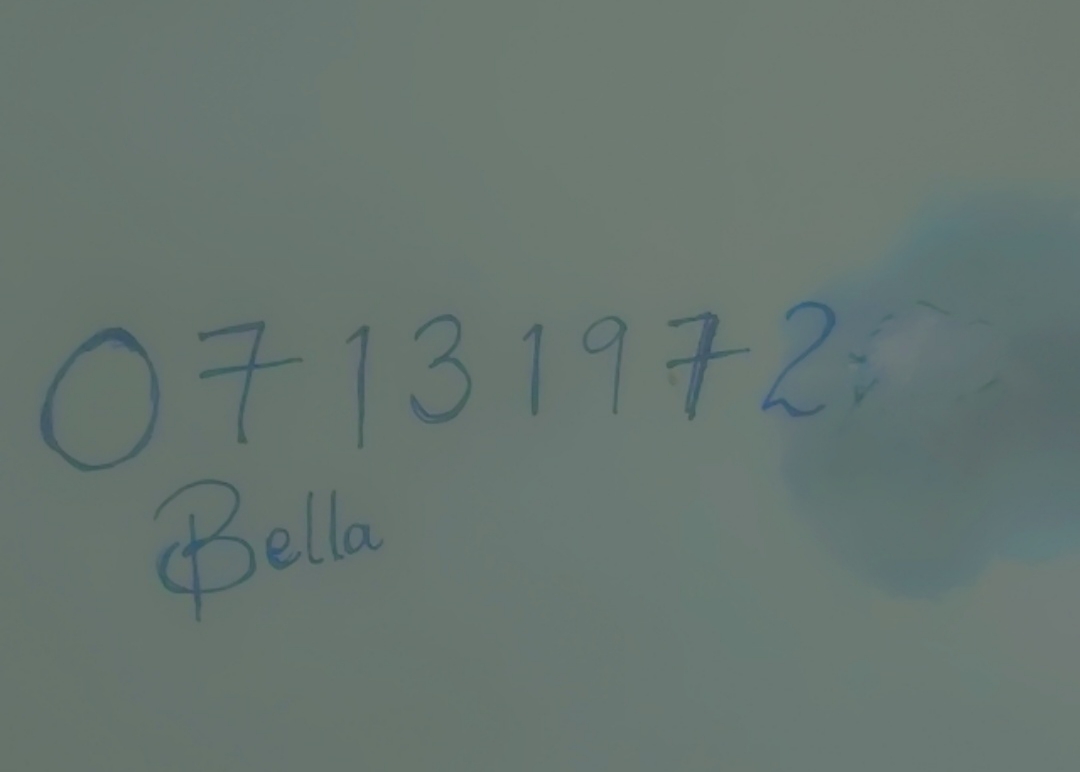




0 Comments
Add Comment